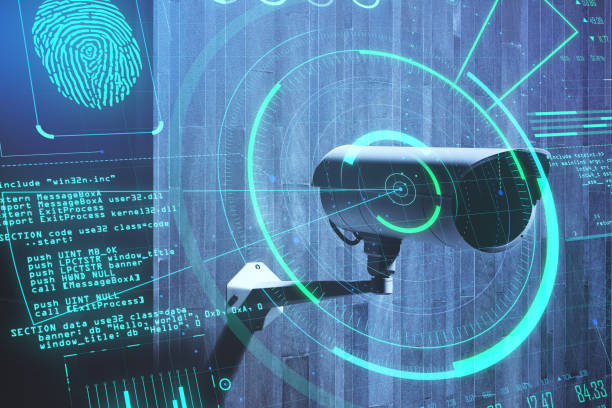The Department of Digital Humanities at King’s College London is delighted to host workshop “Times of Surveillance” in early April 2023, welcoming keynote speaker Sun-Ha Hong, author of Technologies of Speculation: The Limits of Knowledge in a Data-Driven Society (NYU Press 2020).
Please send paper proposals (including a title, 300-word abstract and short biography, using your name as the file title) to kate.davis@kcl.ac.uk by 16th January 2023. It is intended that the workshop will also lead directly to the publication of an edited volume.
Further information below:
Watching over through technology has changed in the twenty-first century. Once a more binary dynamic between nation-states and citizens, the role of surveillance in societies has proliferated into a multiple and reciprocal relation between smart device users, and a vast array of small and large corporations and authorities. Many people around the world live in times of surveillance where, particularly in the wake of the Covid-19 pandemic (Lyon 2022), it is presented as index of modernization and security (Frois 2013, Lyon 2014). This workshop brings social anthropology into conversation with surveillance studies and related fields, to assess the temporal effects of this new regime. If the industrial revolution brought with it an orientation around the clock (Thompson 1967) – what time or times does surveillance capitalism impose (Zuboff 2019)?
While dressed in a rhetoric of linear progression, many monitoring technologies perpetuate a particular version of the present (O’Neil 2016). From the ‘extended present’ of daily self-tracking (Bergroth 2018), to the hyperreality of real-time recording or the oblivion of the infinite scroll (Genosko and Thompson 2006), the future may be dramatically shrunk into a thin horizon of responsive behaviour. Beyond this, these technologies can also be strategically applied by existing and emerging elites to double down on the status quo, foreclosing the possibility of alternatives (Byler 2022, Yonucu 2022). Future threats of insecurity legitimate the states of emergency that prepare the ground for more surveillance (Massumi 2010, Holbraad and Pedersen 2013); while the companies of Silicon Valley actively design futures shaped in their own moral image (Hong 2022). Amazon boss Jeff Bezos is currently investing in a clock that will last ten thousand years officially named, ‘The Clock of the Long Now’.
In this new historical context of reciprocity, these technologies also multiply through their utility, offering ways for individuals and collectives to wrest temporal control over their lives. They can assist with the work of social and biological reproduction by enhancing private or public health (Ajana et al. 2022, Davies 2017), or allowing for the care of children or the elderly at a distance (Widmer and Albrechslund 2021, López-Gómez et. al 2021). They might assist in smaller ways by speeding up the time it takes to travel through an airport, or just passing the time while waiting (Flaherty 2011, Jeffrey 2010). This being said, enduring memories of how such technologies were used in the past may inhibit or obstruct their social uptake (Boersma et al. 2014). Each monitoring technology is programmed in a way that delimits human temporal experience, and while this may be embraced, in practice it can also be stretched, shifted, subverted or switched off by those for whom it is designed (Schwennesen 2019, Trnka 2016).
We invite papers that explore ethnographically these times of surveillance. This workshop seeks to empirically and cross-culturally identify and theorize different temporal conceptions, experiences and imaginaries, that manifest in the contexts of technological monitoring. Topics may include but are not limited to:
- Live facial recognition, CCTV, GPS, wearables, heart-rate monitors, or other sensors
- Social messaging in real time
- Synopticism and social media
- Waiting and watching, passing time
- Care at a distance and mediated intimacies
- Data storage, data retention, cloud computing
- Memories of authoritarian surveillance
- Loss of social memory through cancelling, blocking, and deleting
- Digital technologies of self-tracking and self-inspection
- Education on surveillance capitalism
- Campaigning for or against digital surveillance
- Blockchain surveillance, crime alerts, and identity verification
- Temporalities in and of Open-Source Intelligence
- Use of safety apps and the temporality of personal security

